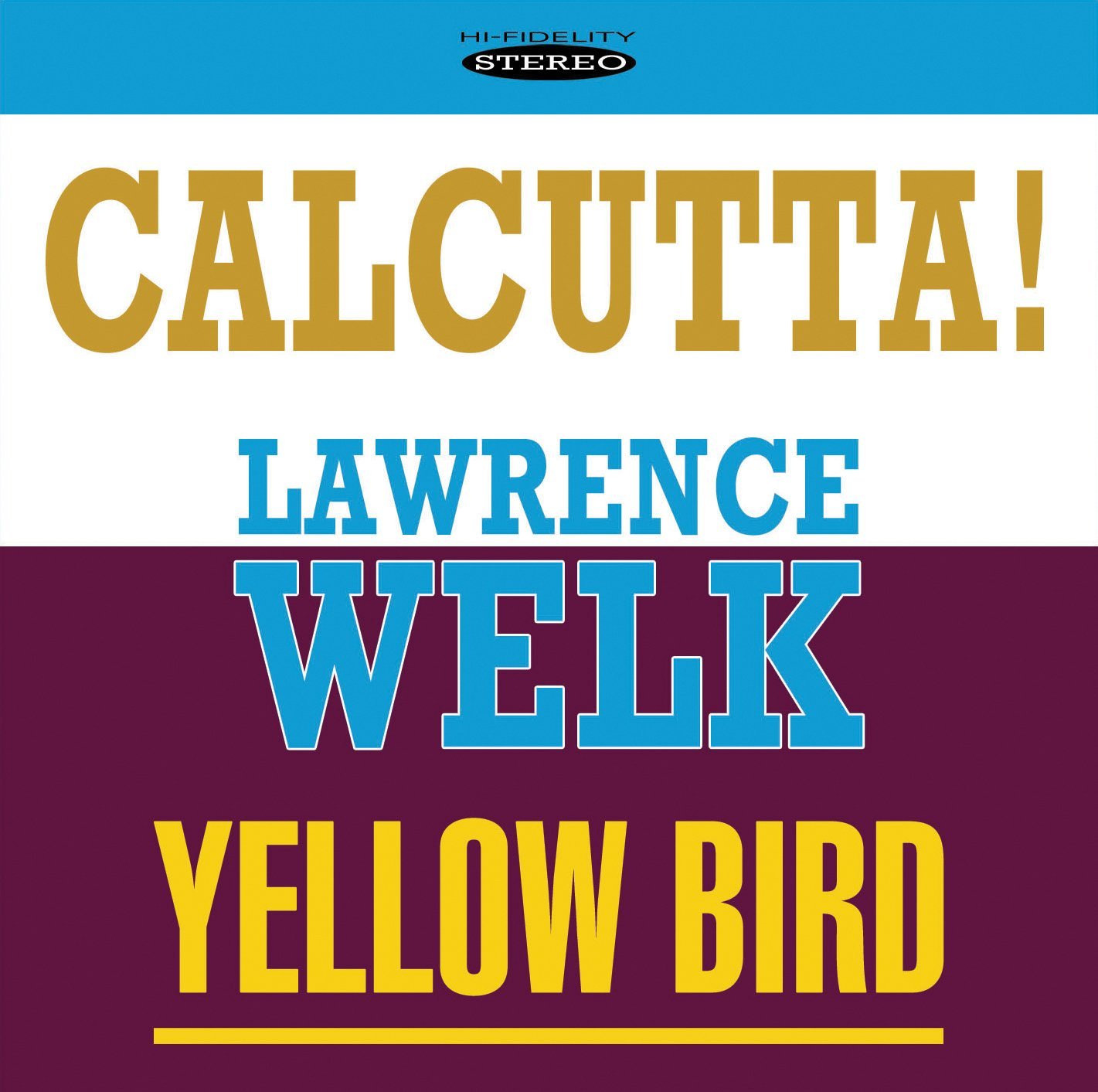In The Number Ones, I'm reviewing every single #1 single in the history of the Billboard Hot 100, starting with the chart's beginning, in 1958, and working my way up into the present.
Lawrence Welk - "Calcutta"
HIT #1: February 13, 1961
STAYED AT #1: 2 weeks
The Miracles only hit #1 once during the entire time Smokey Robinson led the group. That was in 1970, when "The Tears Of A Clown," which they'd recorded four years earlier, finally made its ascent. (The Miracles got there once more, with the 1975 quasi-disco jam "Love Machine," but Robinson was out of the group by then.) A full decade before "The Tears Of A Clown," the Miracles came close to #1 with "Shop Around," an absolutely perfect pop song that would've been the first of many Motown #1s. But "Shop Around" stalled out at #2. The reason: "Calcutta," a piece of instrumental cheese from 57-year-old TV bandleader Lawrence Welk, was holding down the top spot. As ever, the charts can be a mystifying place.
Welk grew up speaking German in North Dakota. He came to fame as an accordionist and bandleader, playing a style of music, which he dubbed "champagne music," that worked as a warm-milk alternative to big-bad swing. He'd been hosting The Lawrence Welk Show since 1951, and he would continue to do so until 1982. Every episode of the show opened with the sound of a champagne bottle opening. Welk would grin at his bandstand while playing accordion, and bubbles would float around him. He was supposed to be the classier version of Dick Clark. This show was airing on syndicated television during my lifetime, and yet Welk's entire existence seems prehistoric to the point where these details seem utterly, completely baffling.
Also baffling: "Calcutta" -- not the song so much as the idea that anyone would've preferred it to "Shop Around." Welk himself reportedly didn't care much about the song. The German composer Heino Gaze had recorded the song a few years earlier, and even though it sounds nothing like anything that could've ever come out of India, it had German lyrics about the ladies of Calcutta. Welk took away all the lyrics other than la la la. For Welk, I suppose, it's a fairly sprightly song. There are handclaps in there, and propulsively strummy guitars. It's possible that he might've been hoping to incorporate bits and pieces of rock 'n' roll. But today, the song plays like a parody of elevator music. It's hard to imagine anyone being upset by it, but it's even harder to imagine people going out of their way to hear it.
GRADE: 2/10
BONUS BEATS: Here's the Ventures' attempt at a surf-guitar cover of "Calcutta":






